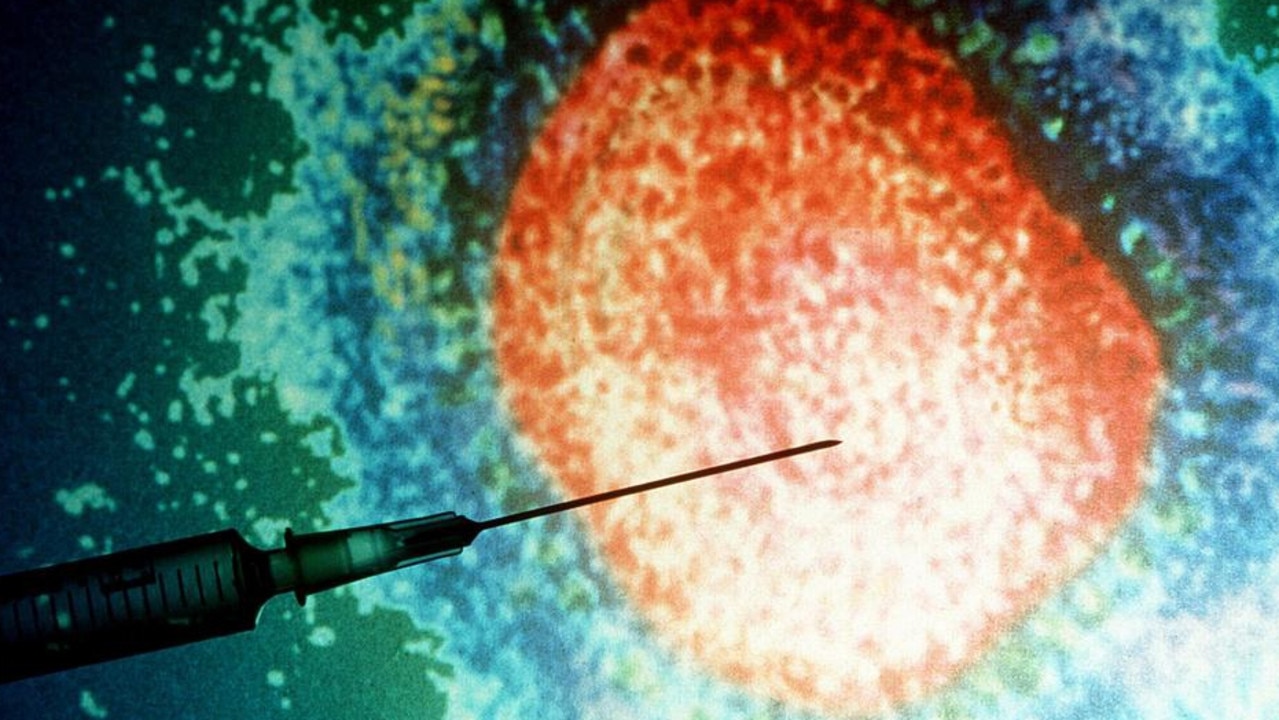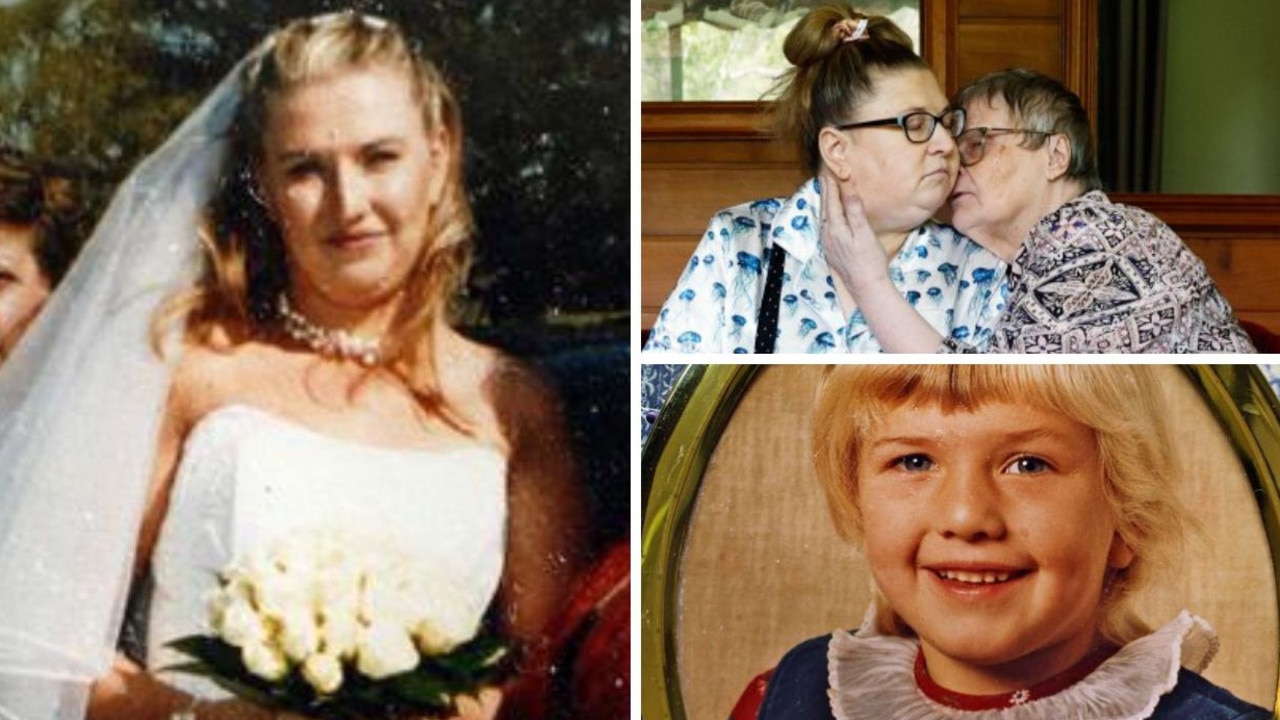Trainee nurse hospitalised with three blood clots encourages Australians to get the vaccine
A young trainee nurse who was hospitalised with three blood clots after getting the vaccine has a message for Australians.
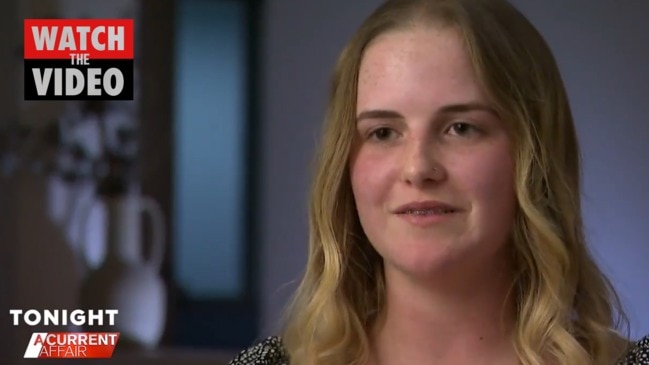
A young trainee nurse who was hospitalised with three blot clots after getting the AstraZeneca vaccine has encouraged Australian’s to register for it despite the ‘rare’ side effects.
Ellie Peacock, who works in a hospital in Queensland, is backing the vaccine despite having a bad experience with it after receiving the first dose on March 31.
It is understood that she got her jab on week before the government announced people under 50 would no longer be receiving the AstraZeneca jab due to blood clot concerns.
Ellie suffered from severe headaches and chest pains, and was diagnosed with pneumonia before her doctors discovered that she had blood clots in her lungs.
According to the Therapeutic Goods Administration (TGA), the condition which is known as thrombosis with thrombocytopenia syndrome is “very rare”.
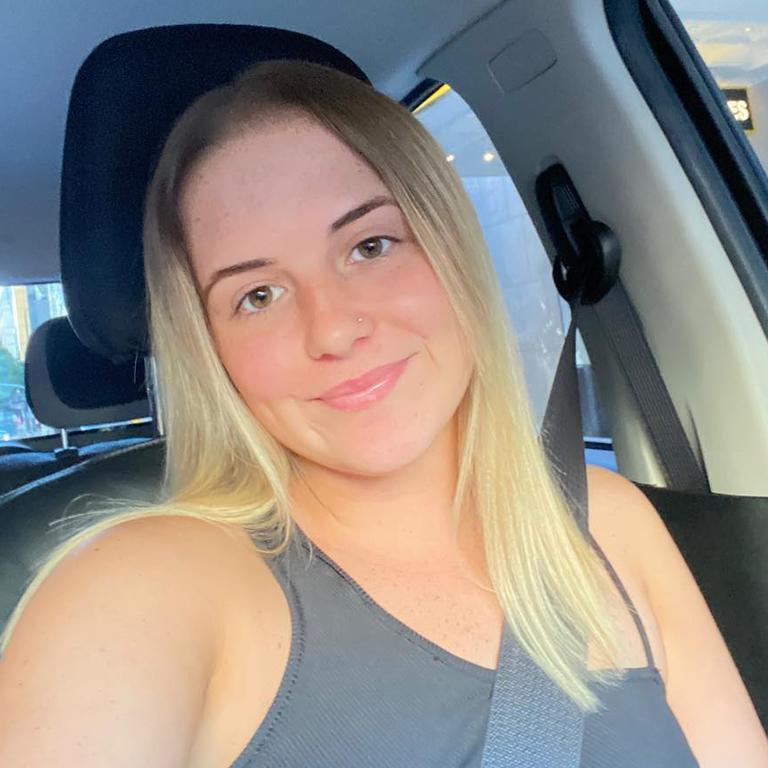
RELATED: 53yo in intensive care with blood clots
Now, the nursing student is required to get blood tests weekly, go in for a CT scan every month and take blood thinning medication for six months.
However, the bad experience has not wavered her support for the jab.
“I think people should still follow the TGA guidelines,” she told A Current Affair.
“I’m not an anti-vaxxer. I’ve never missed a vaccine in my life. I’ve never had side effects to any other vaccine. This is the first one I’ve had a reaction to.”
Ellie confirmed in her interview that she had received a call from the TGA confirming that the blood clots were indeed linked to the vaccine.
“When the information, you know, from the database comes out, yes, her case will be counted amongst them,” a TGA representative said.
As a trainee nurse, she works on a casual team in Brisbane that is regularly exposed to potential COVID-19 positive patients, making it imperative for her to receive the vaccine.
On April 18, more than two weeks after getting the jab, Ms Peacock presented to the Royal Brisbane Women’s Hospital emergency room with throbbing and tightness in her calf, which she says were “signs of clotting”.
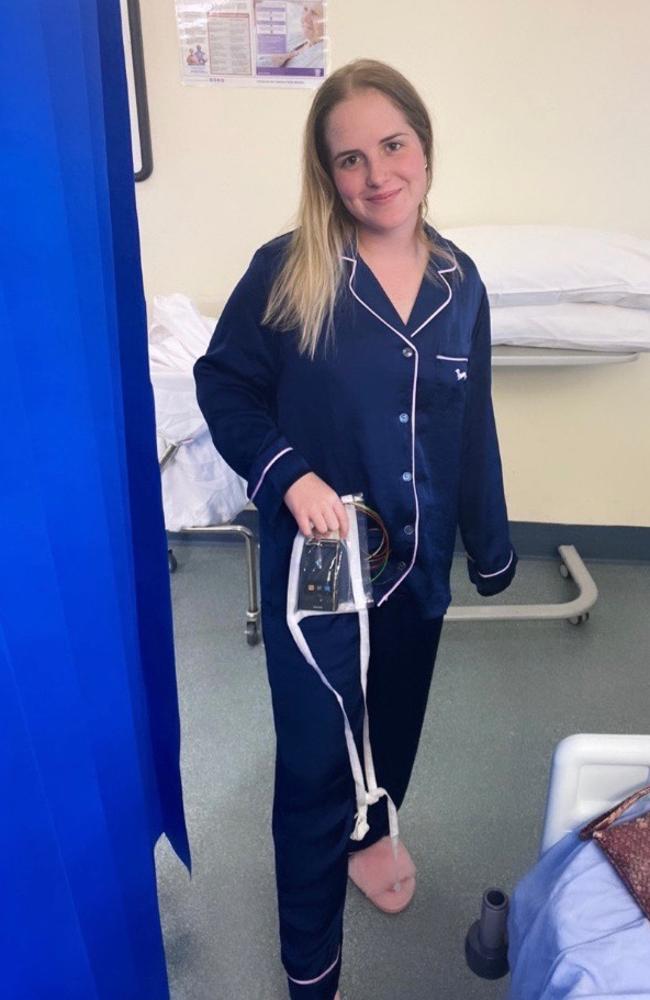
RELATED: Man regrets telling mum to get vaccine
She had an ultrasound which failed to identify any blood clots and was sent home, with the pain in her calf eventually subsiding, the Courier Mail reports.
Shortly after, Ms Peacock started suffering from regular, painful headaches, which she ignore until May 7 when she began experiencing a severe pain near her collar bone when inhaling.
Two days later, she went back to the hospital after experiencing severe muscle pain in her back and ribs, only to receive a chest x-ray and be told she has pneumonia.
The trainee nurse was sent home once again.
At 2am on May 11 Ms Peacock was rushed to the hospital’s emergency department for the third time after having extreme breathing difficulties.
“I was sent home within six hours without further testing done and was told that it’s normal pain with pneumonia and that I need to put up with the pain until the medications start working,” she told the Courier Mail.
A couple of days later she visited her GP who discovered her oxygen levels had dropped to 90 per cent, resulting in her once again presenting to the hospital.
This time Ms Peacock insisted on more tests, which is when the true nature of her illness was discovered.
“After persisting for further testing, they finally found three blood clots in one lung,” the 18-year-old wrote on Instagram.
She said the doctor believes when they did the initial ultrasound on her calf in April the clot had either already moved to her pelvis or was too small to be detected.
“This experience has been terrifying and overwhelming but I’m on the mend. Now to focus on my health for the next six months,” she said.
Ms Peacock claims because her blood clotting didn’t fit the usual timeline for similar incidents she was forced to convince doctors of what was happening to her.
“So please always listen to your body because no one knows it as well as yourself,” she wrote on Facebook.
As of Thursday last week, there have been a total of 18 thrombosis with thrombocytopenia syndrome (TTS) cases likely linked to the AstraZeneca vaccine in Australia.
So far about 1.8 million doses of the vaccine have been administered across the country.
Last week there was a surge in blood clot cases following the AstraZeneca vaccine.
Three cases on May 13 were confirmed as TTS, while four were deemed “probable”.
The three confirmed cases included a 75-year-old man from Victoria, a 75-year-old man from Western Australia and a 59-year-old Queensland man who was diagnosed in Victoria.
“Of these, only the Victorian man remains in hospital, but is responding to treatment and is in a stable condition,” a TGA said.
“The other two patients are not currently in hospital and are thought to be well.
“Four other newly reported cases are considered to be probable TTS. This includes three men from Victoria aged 65, 70 and 81 years, and a 70-year-old man from NSW.”
The TGA maintains that reporting rates of blood clotting in Australia are “consistent with what is being seen internationally”.
Though it did note a “higher proportion of less severe cases may be being reported in Australia”.
“This may be due to high levels of awareness in the community and among the medical profession around TTS along with less strain on the healthcare system around COVID infections with much lower infection rates than internationally,” the TGA said.



